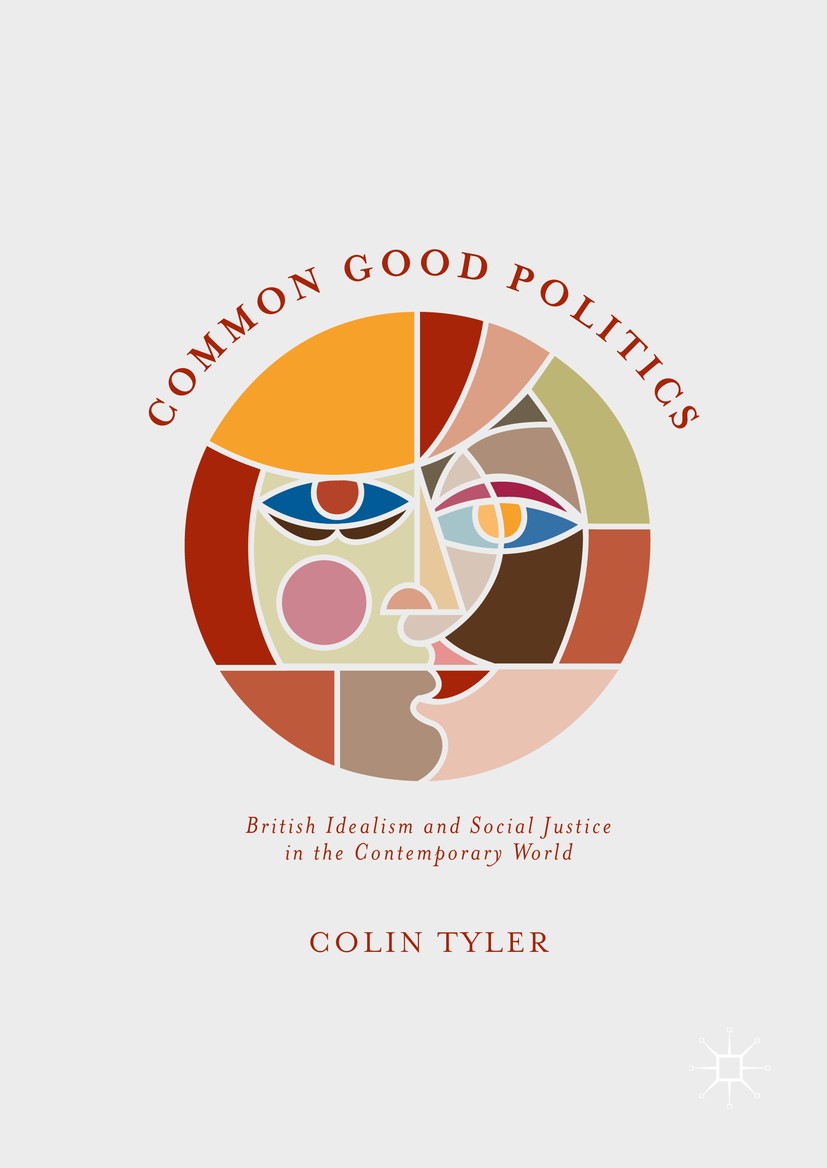| 书目名称 | Common Good Politics | | 副标题 | British Idealism and | | 编辑 | Colin Tyler | | 视频video | http://file.papertrans.cn/231/230280/230280.mp4 | | 概述 | Applies the principles and practices of common good politics to contemporary issues, enabling the reader to reflect on the tradition’s implications today.Offers a relevant contribution to discussions | | 图书封面 |  | | 描述 | .This book examines the British tradition of common good politics, both historically and in the contemporary world. We live in a time when many anti-Conservative parties and voters feel a profound sense of crisis and disorientation over political principles and policy directions. As a result, many people are turning to common good politics as an alternative to state-centred socialism and laissez-faire individualism. Colin Tyler explores the practical and intellectual history of the British idealist tradition, which flourished from the 1870s to the 1920s, before applying the principles of common good politics to contemporary issues. These issues include the positive roles that can be played by conflict within democratic societies, the radical demands of social justice in a diverse world, the continuing influence of Bush’s ‘war on terror’, international society and free speech under Tony Blair and David Cameron, and the relationships between economic migration, social justice and the common good. The book will appeal particularly to students and scholars interested in British politics, internationalism and political theory.. | | 出版日期 | Book 2017 | | 关键词 | Agonism; capitalism; civil society; conflict; economic migration; freedom; New Liberalism; war on terror; so | | 版次 | 1 | | doi | https://doi.org/10.1007/978-3-319-32404-3 | | isbn_softcover | 978-3-319-81276-2 | | isbn_ebook | 978-3-319-32404-3 | | copyright | The Editor(s) (if applicable) and The Author(s) 2017 |
The information of publication is updating

|
|
 |Archiver|手机版|小黑屋|
派博传思国际
( 京公网安备110108008328)
GMT+8, 2026-1-20 11:09
|Archiver|手机版|小黑屋|
派博传思国际
( 京公网安备110108008328)
GMT+8, 2026-1-20 11:09


